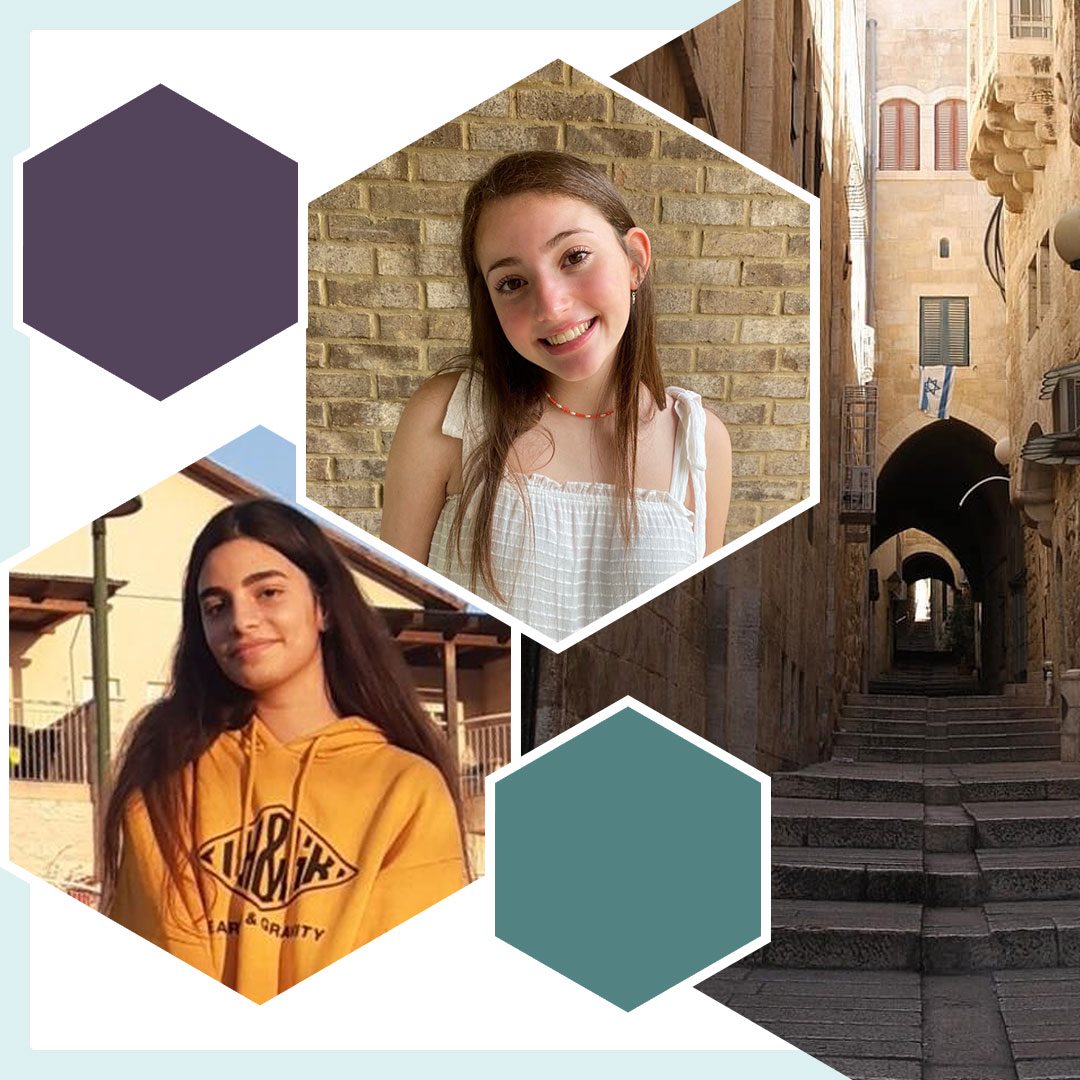
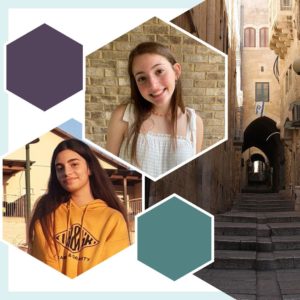 JumpSpark’s Amplifying Israel program is all about connecting Atlanta teens with their counterparts in our Partnership Region, Yokneam, Israel. Lulu Rosenberg, an 11th grader at North Springs High School, is one of five Atlanta fellows in the program. Shaked Nitka is a high school student in Yokneam, Israel. Both girls are blogging to explore their feelings about what it means to be Jewish, and in the process are illuminating places where they align, and where they diverge a bit, too. Here’s what they have to say:
JumpSpark’s Amplifying Israel program is all about connecting Atlanta teens with their counterparts in our Partnership Region, Yokneam, Israel. Lulu Rosenberg, an 11th grader at North Springs High School, is one of five Atlanta fellows in the program. Shaked Nitka is a high school student in Yokneam, Israel. Both girls are blogging to explore their feelings about what it means to be Jewish, and in the process are illuminating places where they align, and where they diverge a bit, too. Here’s what they have to say:
Lulu Rosenberg: Whether I am lighting the Shabbat candles, eating chicken soup with matzah balls, participating in a global Jewish youth group like BBYO, or attending a Strong Jewish Women’s Fellowship meeting, there is no doubt that I am connected to my Judaism. Being Jewish is a huge part of my identity and it plays a major role in my daily life. When I wake up in the morning, it’s not like the first thing I think of is being Jewish. But when I come downstairs and see a plate of hamentaschen from my neighbor on the counter, I don’t question it. When I get a bowl for my cereal before I go to school, I make sure to get a dairy one and not a meat one. Leaving my house for school, I pass the mezuzah on the door and walk to my car. I don’t even notice the sticker on my windshield for the Jewish Community Center anymore; it is the same one that practically every other Jew in Atlanta also has.
I used to go to a Jewish day school where all my friends and most of my teachers were Jewish. Now, I attend public school. My closest friends are still Jewish, but I am no longer in a bubble where Judaism defines my every day. Everyone at school knows I am Jewish, but it doesn’t seem to faze anyone like I expected it to. I’m not even sure how I expected people to act, but for some reason I believed that my Judaism would really matter to others. Lulu’s story continues here.
Shaked Nitka: Judaism is a big part of my life, and it is in my daily life almost everywhere, sometimes even without me noticing it. It could be reflected in the Magen David (shield necklace) that I got for my Bat Mitzvah and which I wear all the time, or in the special feeling of a holiday whenever Friday comes. I think the fact that I’m Israeli has a strong connection to my Judaism because in Israel there are many holy places for Judaism that are close to me and that allow me to connect with Judaism and the history of the Jewish people. Also, Israel is based on Judaism and its laws, and the people surrounding me are following those just like me. For example, on Yom Kippur, everything is closed and when I go out on the streets there are lots of people outside riding a bike or meeting each other to spend this time together, which allows me to experience the holiday in a more powerful and special way.
I’m not in a religious Jewish school, but Judaism is still present. I learn the Bible, and on school trips we go to places that are important to the history of the Jewish people. After school, I usually learn more and do my homework, go out with my friends, or ride on roller skates to a field close to my house where I will read a book or knit. On Friday, which is my favorite day of the week, I help my parents cook Shabbat dinner, and on that day, my brother also comes back from the Israeli army. We all sit down and have Shabbat dinner together. Being Jewish and Israeli is a big and important part of my identity that matters and interests me greatly. I love opportunities like this one (Amplifying Israel teen fellow) that connect me to Judaism.
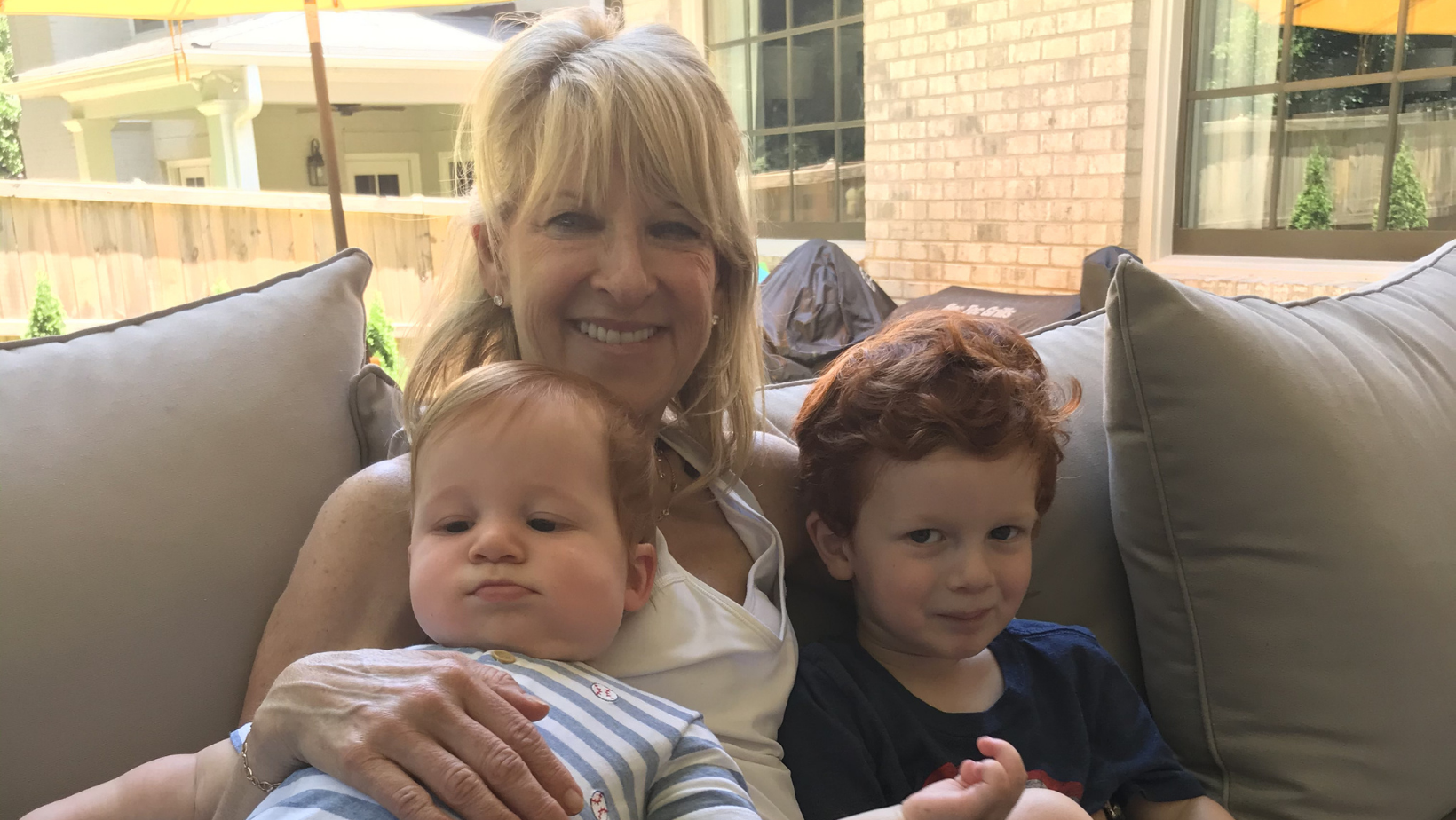
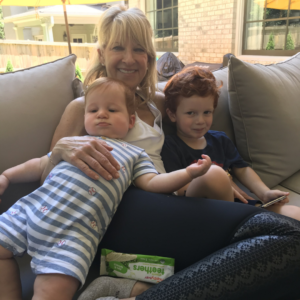 by Lynn Sapertstein
by Lynn Sapertstein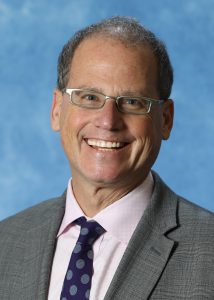
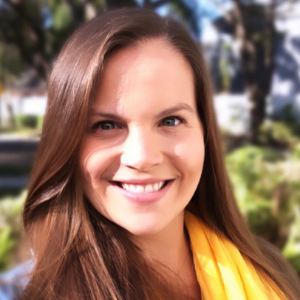
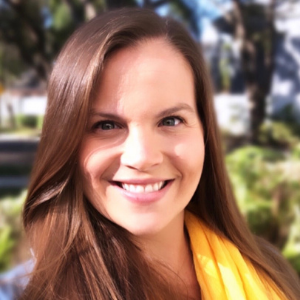
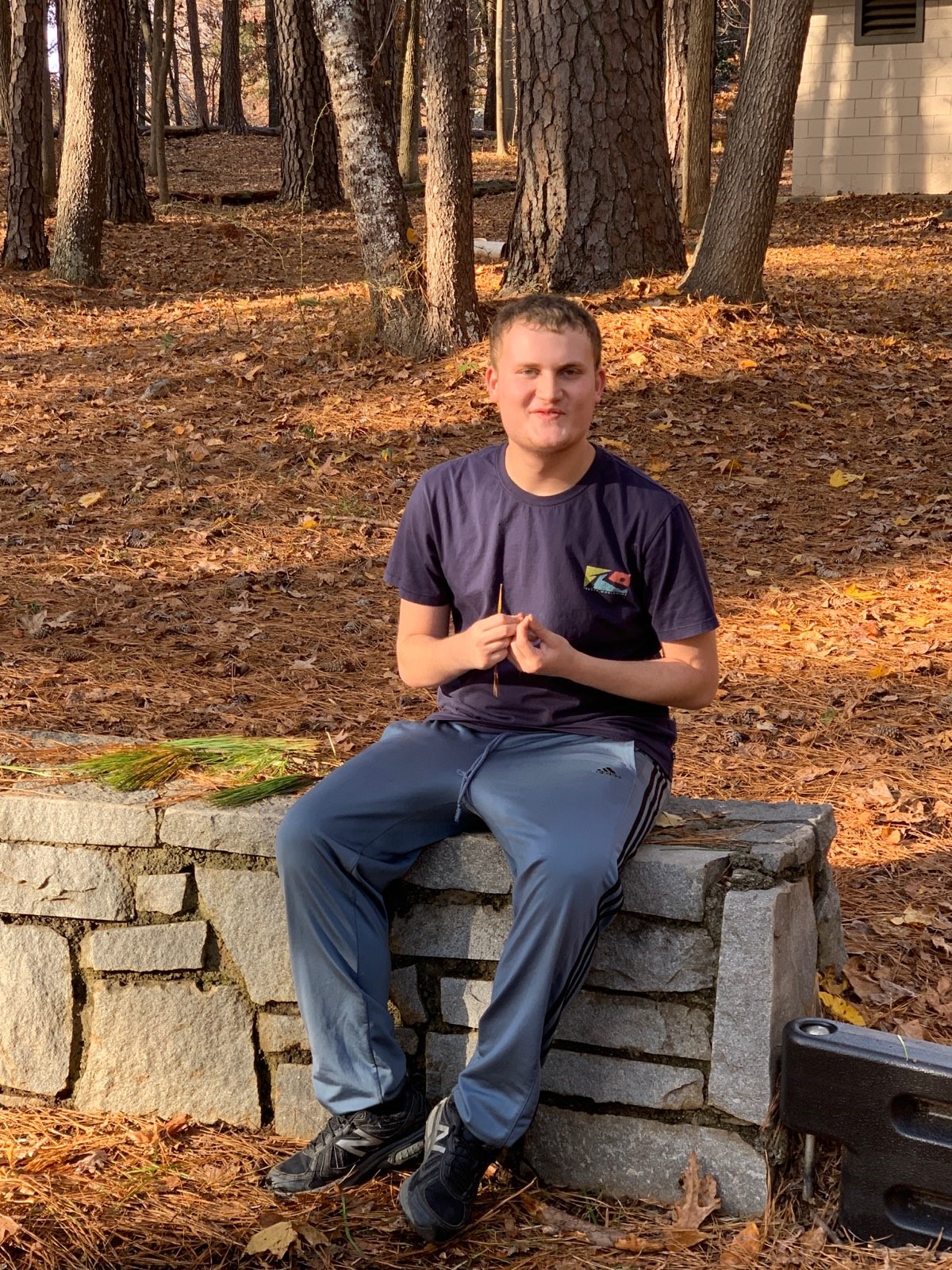
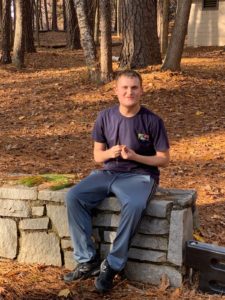 Jared Jay is a nonverbal young man with autism, but his message is loud and clear when he uses his letter board. We asked Jared to share his thoughts for our Atlanta community during Jewish Disability, Awareness, Acceptance & Inclusion month (JDAIM).
Jared Jay is a nonverbal young man with autism, but his message is loud and clear when he uses his letter board. We asked Jared to share his thoughts for our Atlanta community during Jewish Disability, Awareness, Acceptance & Inclusion month (JDAIM).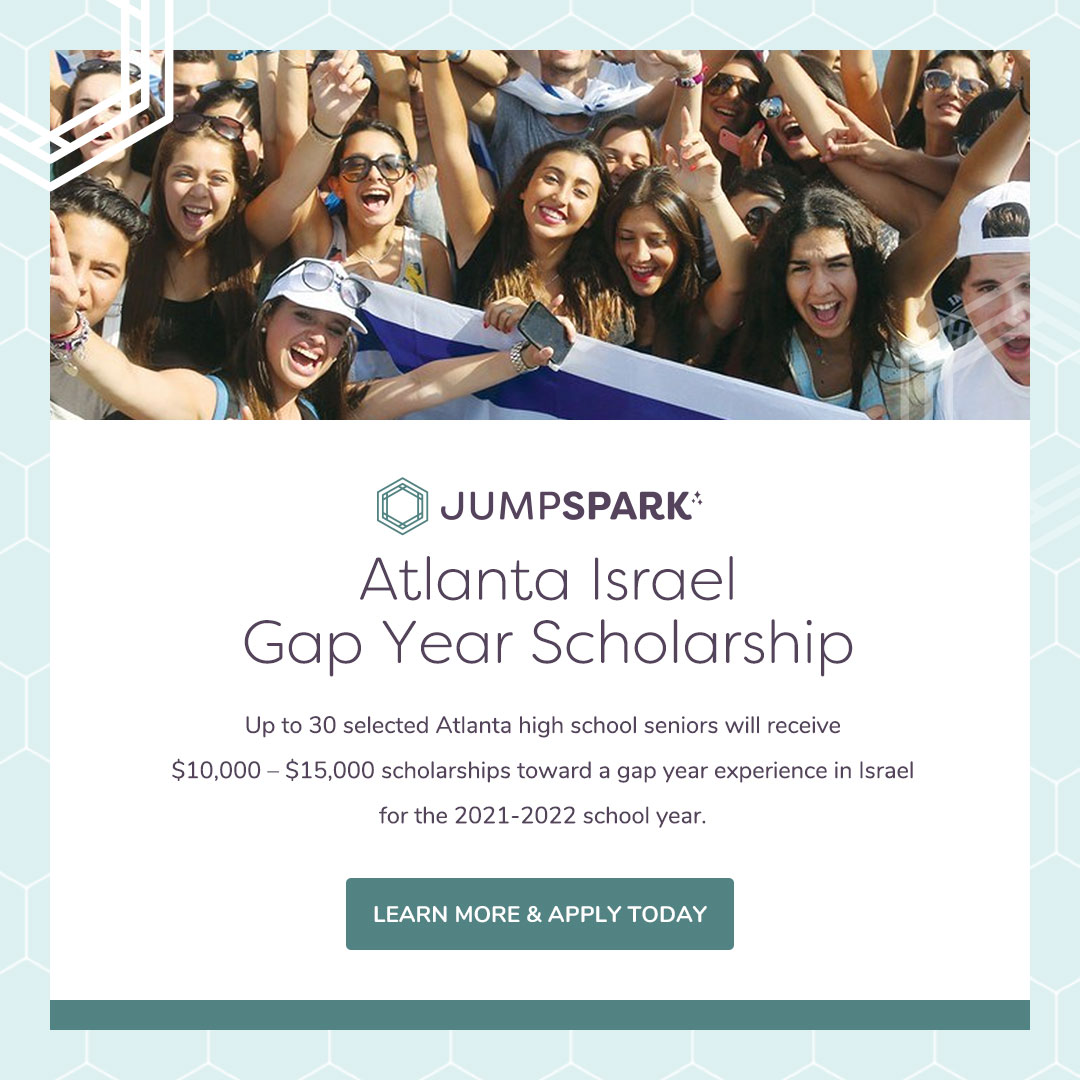


 November 7-13, 2021 | Israel
November 7-13, 2021 | Israel
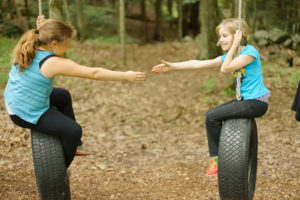 Jewish Camps Ready to Support Camper Mental Health
Jewish Camps Ready to Support Camper Mental Health
 Did you know that Federation champions Jewish community needs in the Georgia State Legislature? Working with our partners, we coordinate the community’s government relations and lobbying activities. Rusty Paul, our legislative advocate, helps advance our agenda in the legislature. Federation also monitors Jewish Federations of North America’s (JFNA) public policy efforts and participates in multiple forums at the Federal level including representation on the Jewish Federations of North America’s (JFNA) Disability and Health and Long-term Care Committees, as well as participation in Jewish Ability Advocacy Day in Washington DC.
Did you know that Federation champions Jewish community needs in the Georgia State Legislature? Working with our partners, we coordinate the community’s government relations and lobbying activities. Rusty Paul, our legislative advocate, helps advance our agenda in the legislature. Federation also monitors Jewish Federations of North America’s (JFNA) public policy efforts and participates in multiple forums at the Federal level including representation on the Jewish Federations of North America’s (JFNA) Disability and Health and Long-term Care Committees, as well as participation in Jewish Ability Advocacy Day in Washington DC.


